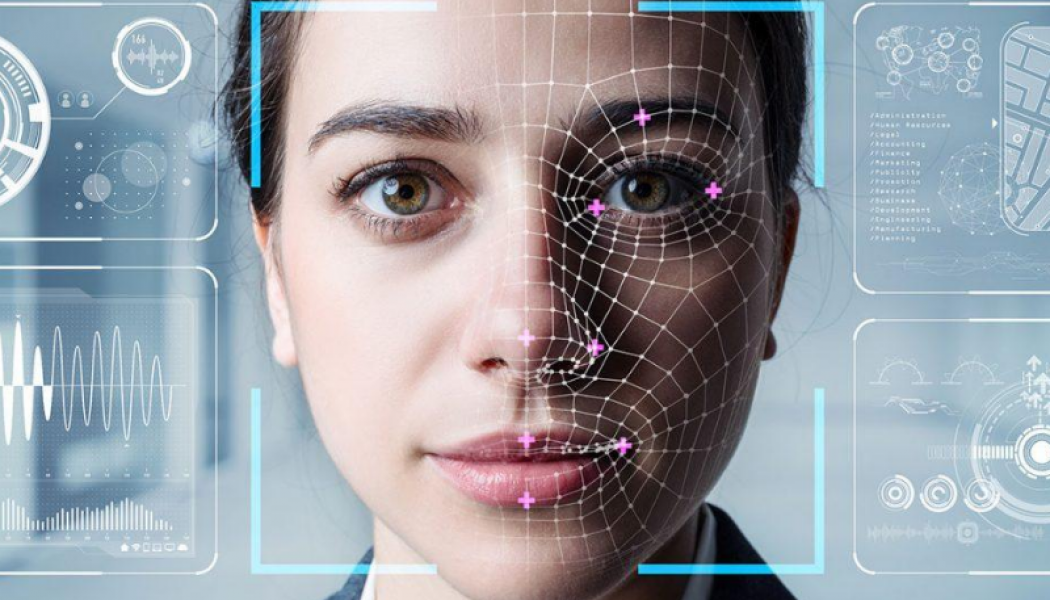As the global need for inclusive biometric security in facial identification increases, developers need not overlook the burden of a non-biased solution.
Teki Akuetteh Falconer, from the African Digital Rights’ Hub, says racial profiling is a major concern in terms of facial identification software. This presents a challenge for Africa because if an individual’s identity cannot be reliably processed by both the public and private sectors, their ability to function in a digital society is hampered.
The World Bank and the United Nations anticipate that by 2030 all Africans will have some form of digital identity which will prove critical when it comes to accessing essential services such as housing, schooling, healthcare and banking, to name a few.
Gur Geva, Founder and CEO of iiDENTIFii, provides clarity on the difference between facial verification and facial recognition. “There is a significant difference between facial verification and facial recognition. Often these two terms are used interchangeably, but they are worlds apart.”
Facial Verification
Facial verification is a voluntary process. The individual willingly provides a live image or selfie and consents to the full scope of its usage. For example, this may be for access to their office laptop, home or online banking app. This is a co-operative process because the use of a digital identity is volunteered, and the terms and conditions for its use are clear.
Facial Recognition
Geva says that facial recognition is often a more ambiguous process. It is not unusual for a person’s digital identity to be pulled from a source that is unaccredited and used without the owner’s permission. It is within this space that racial bias and false positives can cause havoc for the individual as they go about their day-to-day life.
Facial Recognition and Identity Fraud
Identity fraud is a growing concern. The fact that the global biometric security sector is set to reach over R1000 billion by the year 2025, cements its necessity within our expanding digital world.
“While this kind of market growth is great, we can’t forget that the biometric industry has been pushed to rapidly evolve – especially in the wake of COVID-19 – due to increased demand for robust and touchless security,” says Geva.
This rapid technological development has left some unfortunate errors in its wake. It was recently reported that a facial verification software provider accidentally identified a female International talk show host as a man, while another system incorrectly matched 28 members of U.S. Congress to the police mugshots they had on file. The report also revealed that in the U.S., the highest number of facial verification errors occurred within the Native American population, and among Asian and black women.
Geva adds, “These types of biased errors are simply not acceptable. It is essential that the algorithms developed by biometric identity companies navigate the facial features of all ethnic groups seamlessly.”










